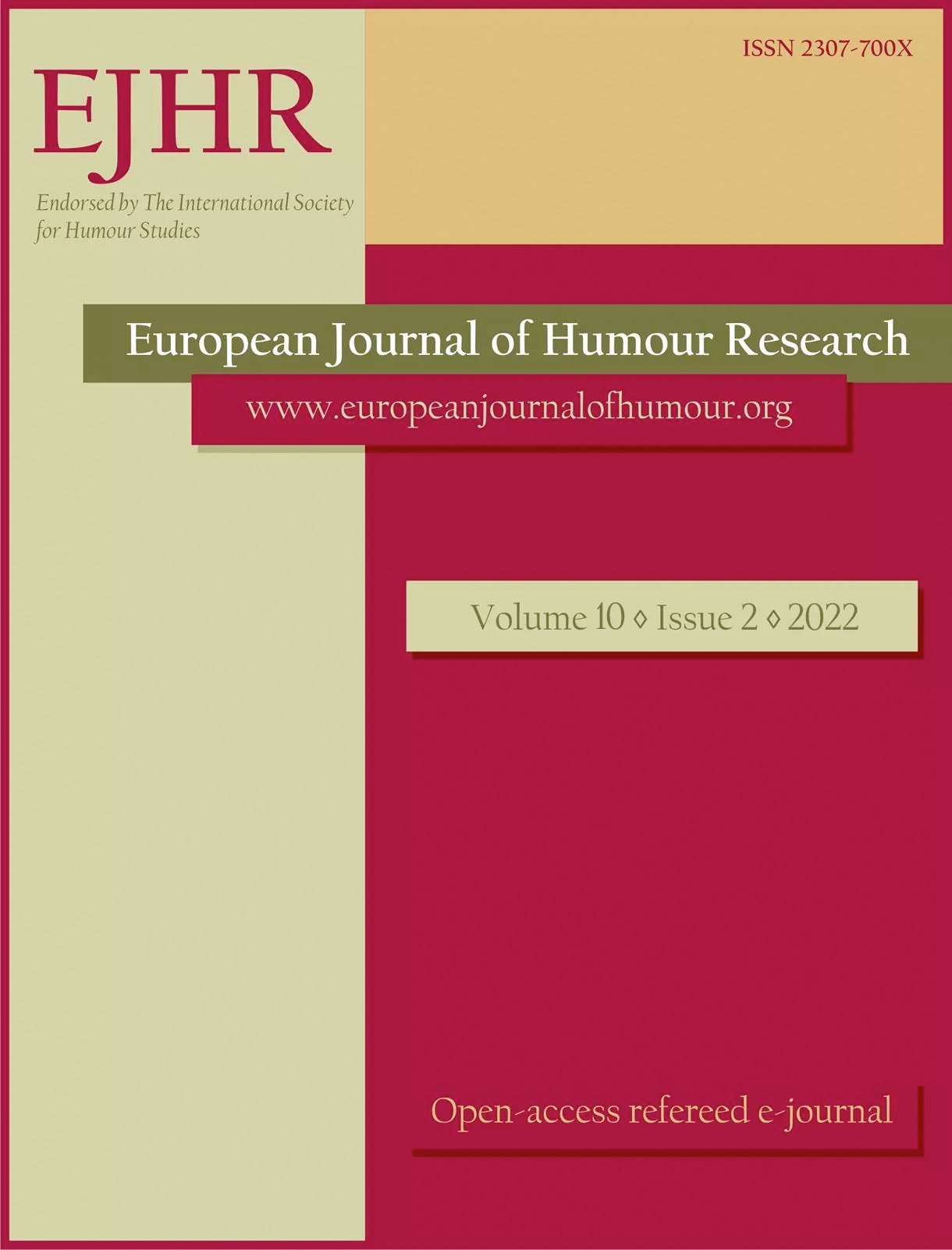Laughter, bonding and biological evolution
Laughter, bonding and biological evolution
Author(s): Cliff Goddard, David LambertSubject(s): Anthropology, Social Sciences, Language and Literature Studies, Psychology, Customs / Folklore, Applied Linguistics, Sociology, Psycholinguistics, Sociolinguistics, Cultural Anthropology / Ethnology, Culture and social structure , Social psychology and group interaction, Behaviorism, Identity of Collectives
Published by: Krakowskie Towarzystwo Popularyzowania Wiedzy o Komunikacji Językowej Tertium
Keywords: laughter; biological evolution; natural selection; vocal grooming; bonding
Summary/Abstract: This paper combines perspectives from evolutionary biology and linguistics to discuss the earlyevolution of laughter and the possible role of laughter-like vocalisation as a bonding mechanismin hominins and early human species. From the perspective of evolutionary biology, we hereemphasise several things: the role of exaptation, the typically very slow pace of evolutionarychange, and the danger of projecting backwards from the current utilities of laughter to inferits earlier function, hundreds of thousands, or even millions, of years ago. From the perspectiveof linguistics, we examine both the semantics of the word ‘laugh’ and the vocal mechanics ofhuman laughter production, arguing that greater terminological care is needed in talking aboutthe precursors of laughter in the ancient evolutionary past. Finally, we turn to hypotheses abouthow laughter-like vocalisations may have arisen, long before articulate language as we know ittoday. We focus in particular on Robin Dunbar’s hypothesis that laughter-like vocalisation,which stimulated endorphin production, might have functioned as a bonding mechanism (a kindof “vocal grooming”) among hominins and early human species.The paper contributes to the special issue theme (Humour and Belonging) by casting a longlook backwards in time to laughter-like vocalisation as a distant evolutionary precursor ofhumour, and to bonding as an evolutionary precursor to cognitively and socially modern formsof “belonging”. At the same time, it cautions against casual theorising about the evolutionaryorigins of laughter.
Journal: The European Journal of Humour Research
- Issue Year: 10/2022
- Issue No: 2
- Page Range: 14-28
- Page Count: 15
- Language: English

